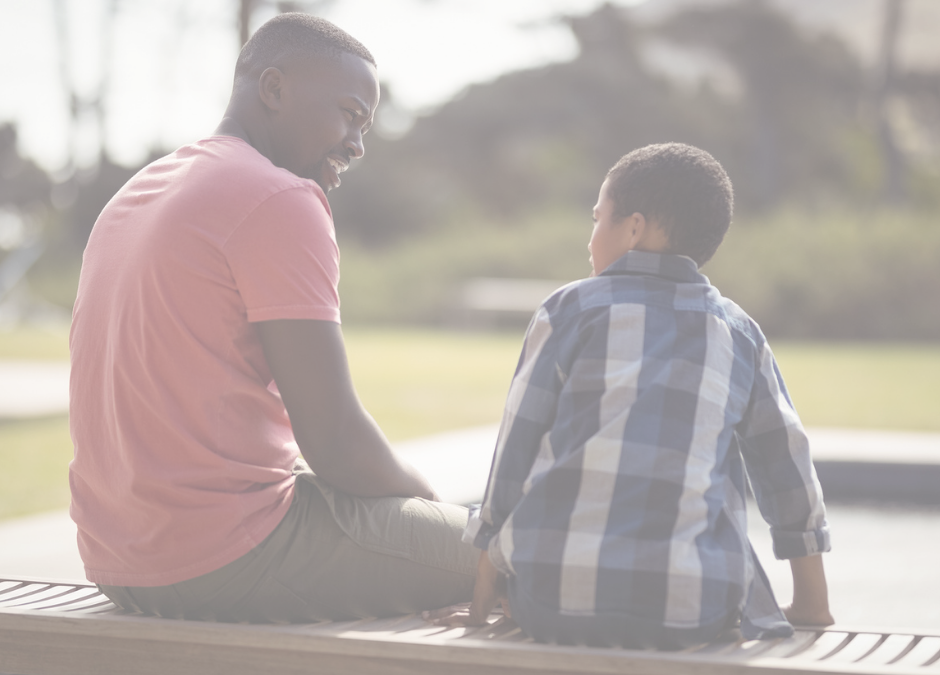
If you’re a foster parent, or have considered fostering, chances are you have heard of children in care being appointed a CASA/GAL (court appointed special advocate / guardian ad litem). These are typically volunteers, although there are full time staff CASAs/ GALs as well, all of whom are trained to be a voice for the child in the court system. Their role is separate from that of DSS; they can present recommendations that differ from DSS, bring up their own concerns and suggestions, etc.. They are meant to meet with the children often, be involved in the case, advocate for the child’s best interest, and give recommendations and updates to the court. The programs vary from state to state, and in some states there may also be an AAL (attorney ad litems) appointed for kids in care in addition to a CASA or GAL. If you ask foster parents about their experiences with CASA, answers will likely range from overwhelming support and gratefulness to frustration; some CASAs are extremely involved and advocate well while forming a meaningful relationship with the child, in other cases you may not hear from the CASA often, or perhaps not even have a CASA assigned if there is a shortage of available volunteers. For the purpose of this post, I want to share about the difference a great CASA can make.
Over the past few years as foster parents, we’ve met many CASAs. I have also spent time volunteering as a CASA myself in between moving back to our home state and jumping back into fostering once settled. When I think back over the CASAs we’ve met along the way, two in particular stand out for being amazing at what they do, one from our time in Dallas, Texas, and one in the Midlands area of South Carolina. They actually share many of the same traits which make them stand out as great CASAs: being committed, easy to communicate with, truly knowing the details of the case, the children and the families, and speaking up when needed.

Ms. Sandy was a new CASA; the kiddos in our care were her first case, and we were first time foster parents. She took her training seriously and jumped right in. She attended nearly every family visit to observe interactions and always took the time to speak with the parents. She got to know the children and made sure their needs were met, as well as always asked if there was anything additional we needed to help meet their needs. She reached out to extended family to get to know them and explore any potential kinship options as they came up. When our family had out of state travel that required us to utilize respite, she checked in on that as well, making sure the children were comfortable. Ms. Sandy would visit our home frequently to see the children, and also made sure to include our young biological daughters during visits. I can remember our girls putting on little songs and dances and Ms. Sandy watching and interacting so sweetly – to our girls it wasn’t uncommon for there to be lots of people coming and going and checking in on the children in our care, so for one of those visitors to spend a few minutes making them also feel equally special was really touching. When an unexpected major illness led to a few weeks of hospitalization and ultimately required those kiddos to be moved to the home of some fellow foster friends, Ms. Sandy was wonderful in helping make the transition as smooth as possible. She helped get all of their belongings to their new house, helped make sure support services and therapies didn’t lapse, made sure the new foster parents had everything they needed, and even brought over gifts to our family as I recovered from my illness. Truly, she was all that you could want from a CASA!
Another great CASA who stands out was our son’s, Ms.Charlene. She was his and his siblings’ CASA for 2 years. Ms.Charlene was experienced and comfortable with the system and her role; she brought with her a certain sense of trust in the process, even when inevitably there would be unexpected turns. She was accessible and responsive in communication. We would touch base a few times a month sharing updates, asking questions, and just chatting. During our son’s case, I maintained a google drive folder where she could access monthly case notes, information from doctor appointments, and monthly photo collages. Something I really appreciated was that Ms. Charlene valued the information and updates on our son’s development that I shared – oftentimes as a foster parent, despite caring for a child day in and day out, we wonder if the perspective we share is valued – but I never questioned that with her. Whenever I had questions, Ms. Charlene would either have the answer, or look into finding the answer. She attended visits, and got to know those involved to establish her recommendations, which always felt fair, accurate, and in the best interest of the children. Some of my favorite things about Ms. Charlene was how she truly wanted to see what was best for the children, how much she enjoyed interacting with them, and how much she appreciated watching them grow and develop during the length of the case. She was easy to work with and always shared her appreciation for our level of involvement and commitment with the children. Her level of experience, commitment to her role, and respect for us make her truly one of the best!

Great CASAs can be so impactful to not only the children, but all involved in the case. They can advocate for services a child needs, share helpful information, serve as another reliable and caring adult in a child’s life, give a child someone to confide in outside of their parents and caregivers, and so much more. CASAs also serve as another set of eyes on the children; ensuring that their placement is appropriate and that the child is receiving any needed services. CASAs can also follow up on concerns, help evaluate kinship options so children can be with family, get to know those who are part of the child’s life whether it’s parents, extended family, teachers, therapist, foster parents etc, be a support person to the child, make the court aware of critical information and recommendations, monitor progress on the case goals, and help collaborate with the various team members to find solutions.
Here’s to all of the great CASAs who show up and speak up for the children. The system is a better system because of all that CASAs do. If you’ve worked with a great CASA, be sure to show them some appreciation and make sure they know the difference they’re making. When thinking about the great CASAs you’ve met, also think about those people in your life who would make a great CASA, it’s a rewarding way to be involved in the system, and help make a difference. There can never be too many people who are working together for the best interest of the children.

Interested in learning more about the role that you might play in advocating for a child? Hear from a South Carolina Guardian Ad Litem on being a powerful voice for change. Read: What is a Guardian Ad Litem?



